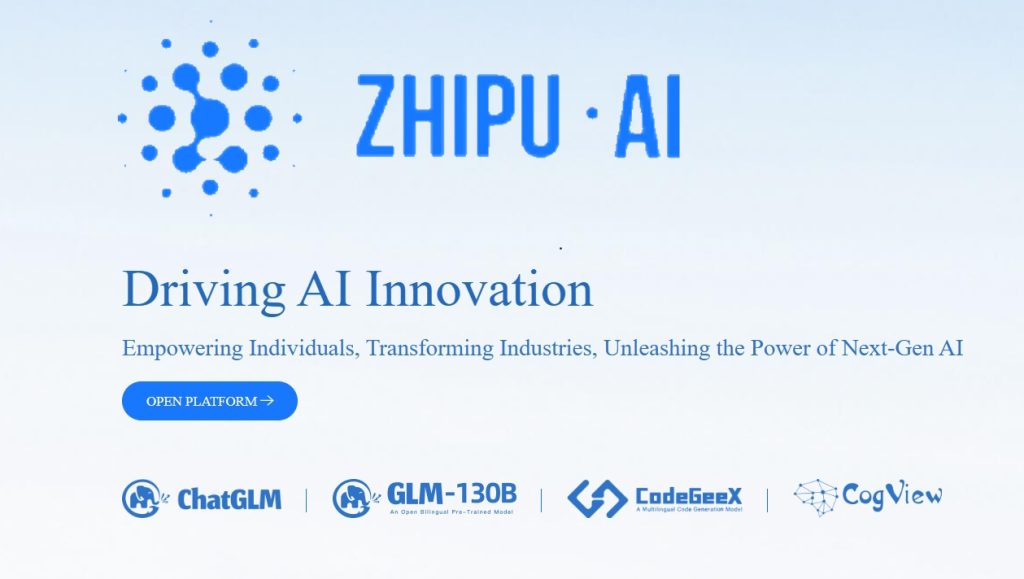Zhipu AI, one of China’s closely watched artificial intelligence startups, is significantly increasing its international activities, supported by a new partnership with Alibaba Cloud as it concurrently manages the preliminary stages of an initial public offering.
e company, which started as a Tsinghua University spin-off in 2019 and received early investment from Alibaba, detailed its expansion plans at the GITEX Asia tech conference on April 23.
A Zhipu AI executive outlined the company’s focus on pitching tailored “sovereign AI agents” to governments globally. This international strategy unfolds even as Zhipu operates under U.S. export control restrictions imposed in January 2025.
Formal moves toward a public offering commenced this month. Zhipu AI submitted mandatory pre-IPO “tutoring” documents to the Beijing Securities Regulatory Bureau on April 14, a prerequisite for a full application to the China Securities Regulatory Commission (CSRC). China International Capital Corporation (CICC) is sponsoring the company through this process, with Zhipu targeting October 2025 to finalize its IPO application.
This timeline positions Zhipu potentially as the first among its generation of well-funded Chinese AI startups – competing against firms like Moonshot AI, Minimax, 01.AI, and Baichuan, as well as divisions within tech giants ByteDance and Alibaba – to go public.
Global Footprint and Sovereign AI Strategy
The alliance with Alibaba Cloud, a company pursuing its own $53 billion AI and cloud infrastructure investment, provides crucial support for Zhipu’s expanding global operations. Zhipu AI’s vice-president Carol Lin confirmed the company now has offices established in the Middle East, Singapore, the UK, and Malaysia.
Joint “innovation centers” are also active with partners in nations such as Indonesia and Vietnam. Zhipu’s international marketing centers on localized AI agents – systems intended to operate within specific national data regulations and requirements.
An advertisement shown during the GITEX Asia presentation depicted Zhipu’s GLM agent assisting a user integrating foreign applications like WhatsApp and Google Maps within Beijing. This focus on nationally-aligned AI extends to Zhipu’s earlier formation of a coalition involving 10 Belt & Road and ASEAN countries, aimed at promoting independent AI development capabilities.
Navigating Investment and Restrictions
The path to IPO follows significant recent funding, heavily involving state-affiliated investors. In March, Zhipu secured capital from Zhuhai Huafa Group, Hangzhou Industrial Investment Group, and Shangcheng Capital, in addition to a 300 million yuan ($41.5 million) investment from the Chengdu municipal government.
This state support builds on its academic heritage and prior funding, such as the September 2023 round involving Alibaba and Tencent, which valued Zhipu at $1 billion at that time. The company, whose controlling shareholders include founder Tang Jie and chairman Liu Debing, must navigate the complexities arising from its placement on the U.S. entity list in January 2025.
This designation restricts access to certain advanced American technologies, potentially impacting its hardware procurement for large-scale deployments and its global competitiveness, particularly as access to high-performance chips remains a sensitive issue for AI development in China.

